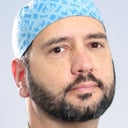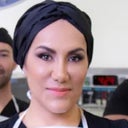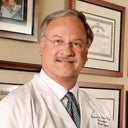Posted underBrazilian Butt Lift q&a
Answers (7)
From board-certified doctors and trusted medical professionals
Dr. Orlando Llorente, MD

OM
Dr. Orlando Llorente, MD
Board Certified Plastic Surgeon
Answer
Dr. Kenneth Hughes, MD

KM
Dr. Kenneth Hughes, MD
Board Certified Plastic Surgeon
Answer
Dr. Tania Medina de Garcia, MD
TM
Dr. Tania Medina de Garcia, MD
Plastic Surgeon
Answer
Answered on Aug 26, 2018
Answer
Dr. Steven M. Gitt, MD, FACS (in memoriam)
SM
Dr. Steven M. Gitt, MD, FACS (in memoriam)
Board Certified Plastic Surgeon
Answer
More Brazilian Butt Lift Questions
See all Brazilian Butt Lift Q&A
WE SEND PRETTY
EMAILS
What’s trending? Who’s turning heads? Which TikTok myths need busting? We’ve got you. No fluff, no gatekeeping—just real talk. Get our free, unfiltered newsletter.





